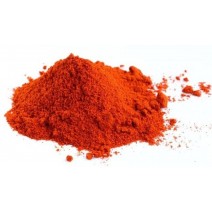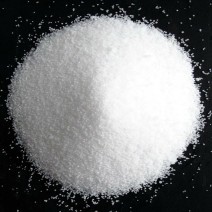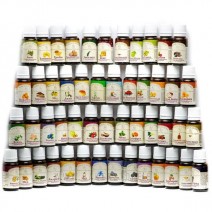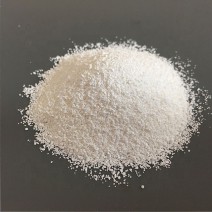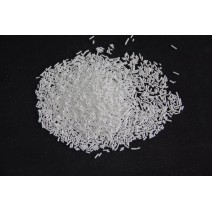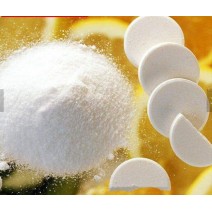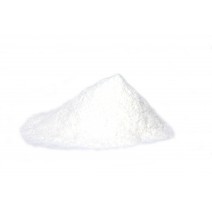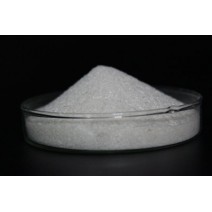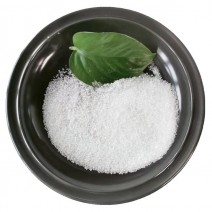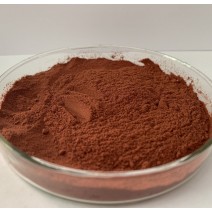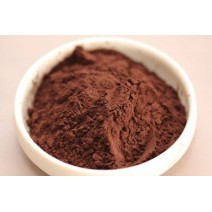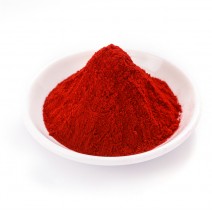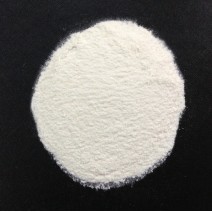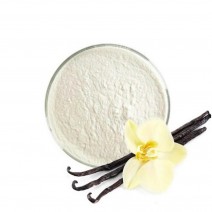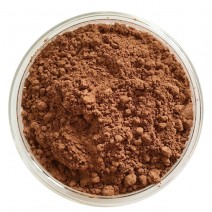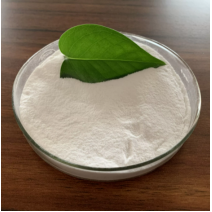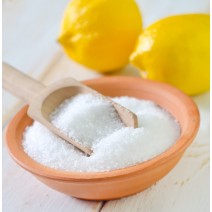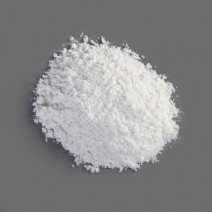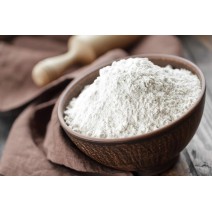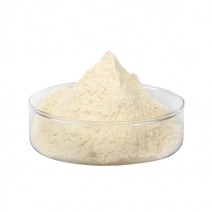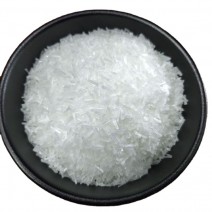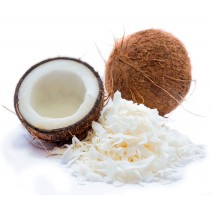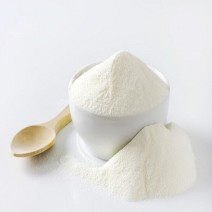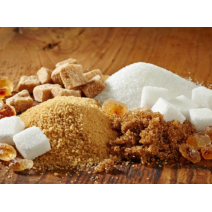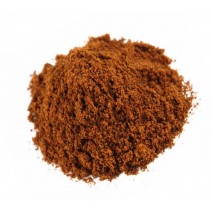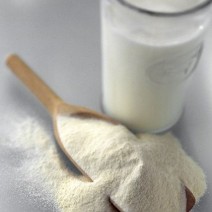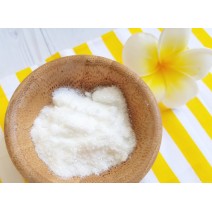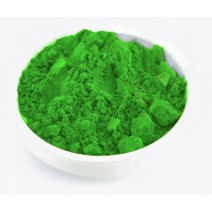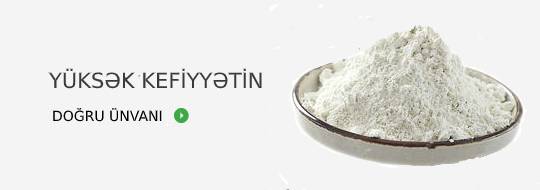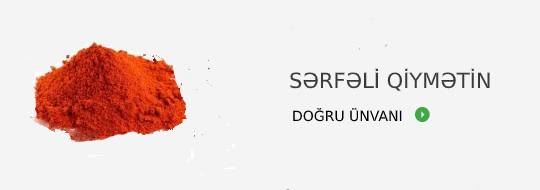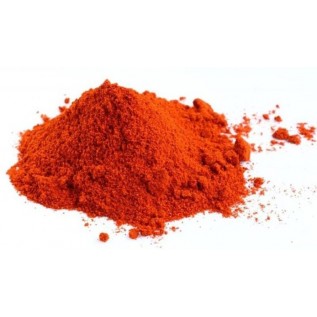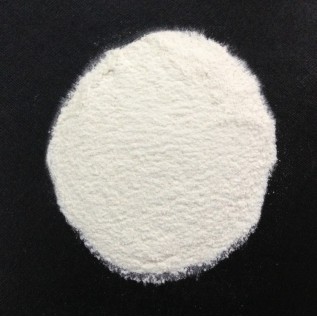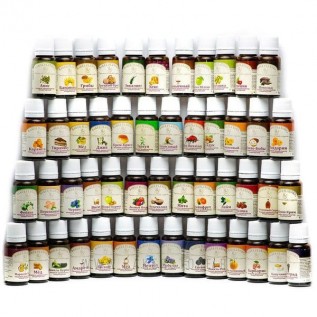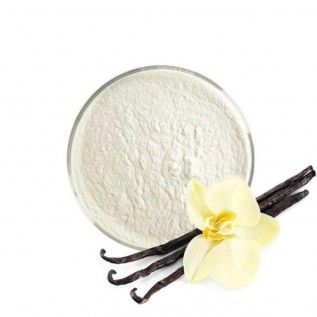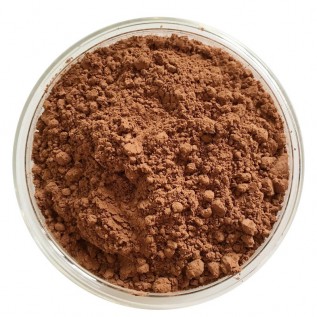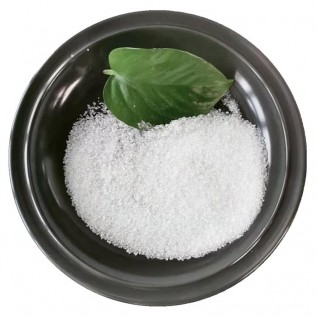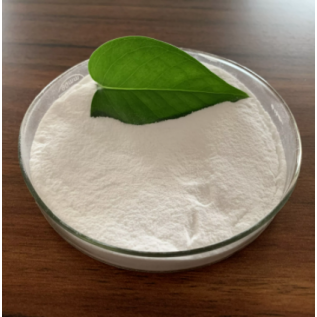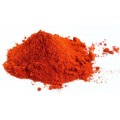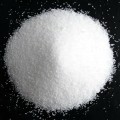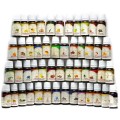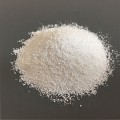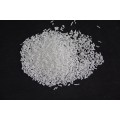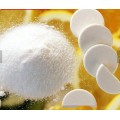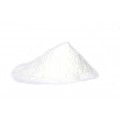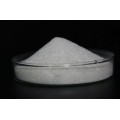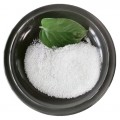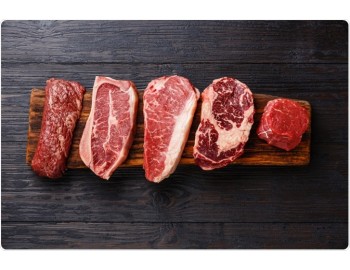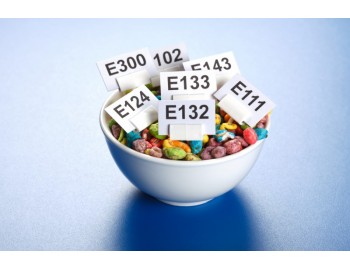Soyuzsnab Şirkətlər Qrupu, ət məhsullarında istənilən arzuolunmaz ləzzəti effektiv şəkildə aradan qaldıran Del’Ar® Kompleks Qida Əlavəsi 10.07.703 M dad düzəldicisini hazırlamışdır. Səmərəliliyin geniş tətbiqi var - bütün növ kolbasa, dondurulmuş və soyudulmuş yarımfabrikat məhsullarında istifadə edilə bilər. Aşqarın özünəməxsusluğu, bənzər aşqarlardan fərqli olaraq əsas ləzzət istiqamətini əlavə etməməsi və təhrif etməməsidir.
Şirkətin tərtibatçıları düzəldicinin tərkibini seçdilər ki, məhsula daxil olduqda məhsulun profilinə təsir göstərməsin. Yeniliyin əsas komponenti kərəviz oleoresindir. Bu bitki güclü bir aroma və şirin-acı ədviyyatlı bir dadı var, otlar ilə yaxşı gedir və xam ətin istenmeyen profilini mükəmməl şəkildə düzəldir.
Müxtəlif kateqoriyalı ət xammalı üzərindəki yeni maddələrin effektivliyi
Ət məhsullarının dəyərini azaltmaq üçün bitki mənşəli zülallar, nişasta, un, müxtəlif protein-yağ emulsiyaları (BJE), donuz dərisindən emulsiyalar istifadə olunur. Bütün bu xammallar hazır məhsulun dad xüsusiyyətlərini azaltmağa meyllidir. Dad düzəldicisi, bu komponentlərin verdiyi hər ləzzətin təsirini aradan qaldırır.
Bundan əlavə, ləzzət düzəldicisi 07/10/0703 M, ətin bəzi növlərinə xas olan ləzzəti yaxşıca bağlayır, məsələn, quzu və hinduşka. Bu növ xammalın yüksək qida dəyərinə baxmayaraq, spesifik ləzzətləri dəf edə bilər. Düzəldərək korrektor kolbasa və yarımfabrikat məhsullarını "təmiz" ləzzətlə istehsal etməyə imkan verir və bununla da istehlakçıların dairəsini genişləndirir və istehsalçılara iqtisadi fayda təmin edir.
Ləzzət düzəldicisinin 10.07.703 M-də tətbiq olunduğu xammalın ləzzətlərini düzəldərək "köməkçi" təsirə malik olduğuna əsaslanaraq, maddələr əlavə etmə ardıcıllığı vacibdir. Ət əlavə edərkən əsas aromatı əlavə etmədən əvvəl yeniliyi birbaşa kəsiciyə və ya ət qarışdırıcısına tökmək məsləhət görülür. Sonra, kütlə boyunca bərabər paylanmış şəkildə verməlisiniz. Optimal doz: 1 kq qiymə ətinə 5-7 qram. Yalnız bundan sonra ləzzət verən aşqar əlavə edilməlidir. Beləliklə, bitmiş məhsul kənar ləzzət olmadan verilən bir əsas dad və aroma sahib olacaqdır.
"İnteqrasiya edilmiş Qida Əlavəsi 10.07.703 M" Del'Ar® Rusiyadakı ət emalı müəssisələrində özünü sübut etdi.
Mütəxəssis rəyi
Alexey Tolmachev, GT SOYUZSNAB Ət Texnologları
“Müştərilərdən biri hinduşka ətindən hazırlanmış kolbasa tərkibindəki xüsusi ləzzəti düzəldə bilən maddələr seçmək problemi ilə bizə müraciət etdi. Holdinqin mütəxəssisləri məhsuldarlıq problemini 10.07.703 M. həll etməyi təklif etdi. Bu, tamamilə türk ətindən ibarət məhsulların tərkibində də işləyir. Şirkət texnoloqları aşqarın istifadəsinin asanlığını və reseptin istehsalata təqdim olunduğu hazır məhsulun əla dadını qeyd etdilər. ”





